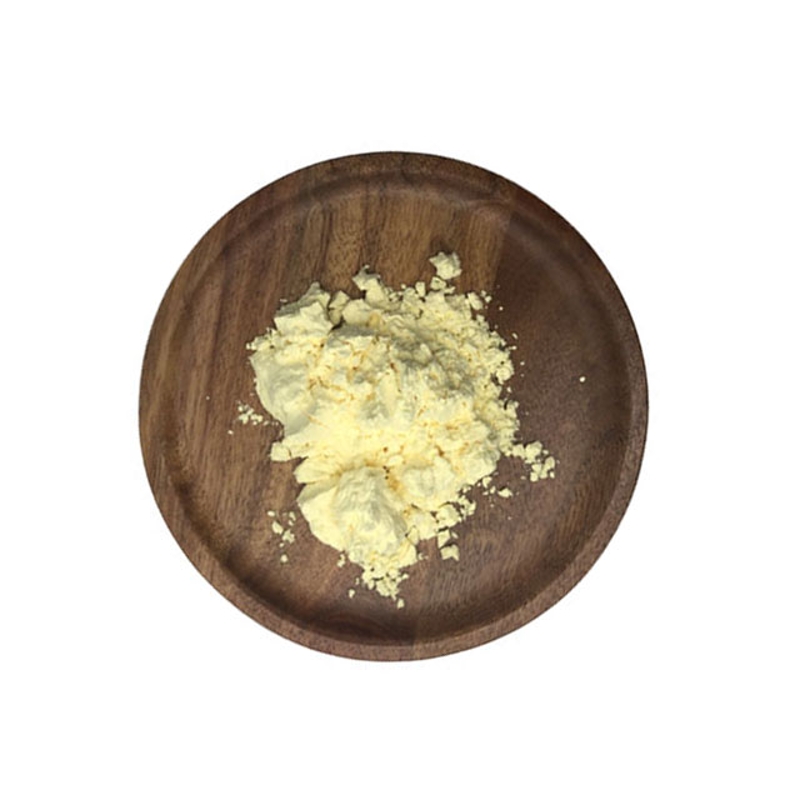Science: Neutrophils prefer to devour rod-like particles, or help treat cytokine storms in patients with COVID-19
-
Last Update: 2020-06-26
-
Source: Internet
-
Author: User
Search more information of high quality chemicals, good prices and reliable suppliers, visit
www.echemi.com
, June 16, 2020 /PRNewswire/ --bio-valleyBIOON/--- immune system over-reaction is the most common cause of death in patients with COVID-19A long-neglected group of white blood cells may play a crucial role in this overreactionIn a new study, researchers at the University of Michigan in the United States found that rod-shaped particles can get them out of circulationThe findings were published on June 10, 2020 in the journal Science Advances, with the headline "Neutrophils sydd phagocytose elongated particles-an-opportunity for selective targeting in fraty diseases"images from Hanieh Safari, Eniola-Adefeso Lab, University of MichiganThe number one cause of death for COVID-19 patients was similar to that of the 1918 influenza pandemic: their lungs were filled with fluid, and they basically drownedThis is called acute respiratory distress syndrome (ARDS)But a new way to extract immune cells from the lungs may prevent thisThe new study is part of the University of Michigan'sBasic Researchprogram, which continues unagoing during the COVID-19 epidemicARDS is a manifestation of cytokine stormIn cytokine storms, the immune system overreacts and begins to attack a person's own organsIn ARDS, out-of-control white blood cells degrade lung tissue, causing fluid build-upA class of white blood cells called neutrophils help guide this charge, accounting for 60 to 70 percent of the "gobbling cells" in humans devouring foreign matter "They're like the Coast Guard--- their main job is to make sure your borders aren't broken," said Omolola Eniola-Adefeso, a paper's communications author and a professor of chemical engineering at the University of Michigan "
Eniola-Adefeso explains that neutrophils do not need to be specificized, which allows them to cope with many threats But sometimes, the lack of this specialization means that they don't know when to quit "As long as there are clues, neutrophils will continue to move," she said In some cases, this feedback loop is broken, which means that a good reaction becomes a bad reaction "
one of their roles is to signal molecules called cytokines, telling cells to break through barriers and allow blood and fluids to enter problematic areas When this reaction deteriorates, neutrophils need to be stopped so that other cells can intervene and repair the damage , Eniola-Adefeso and his team have found that plastic microparticles injected into the blood of mice can distract neutrophils from areas of the lungs with severe inflammation Neutrophils grab these particles and travel to the liver for treatment Plastic microparticles used in this way alleviated the ARDS in mice any type of phagocytosis cell may ingest globular, which means that spherical-based treatment is likely to affect other parts of the immune response However, it is known that other phagocytosis cells do not like rod-like particles Eniola-Adefeso says they "become lazy" during the long wrap around the rod , she said, "Do we ask, do neutrophils don't like to ingest rods either?" We found the opposite They actually have a preference for ingesting rods "
this preference helps target neutrophils and allows other white blood cells to function They found that when they provided rods to different phagocytosis, 80 percent of neutrophils ingested them, while only 5 to 10 percent of the other phagocytics ingested them The objects of comparison include macrophages (another type of cells that devour intruders) and dendritic cells, which capture the intruders and then show other immune cells what they want to look for The Eniola-Adefeso team is currently exploring whether neutrophil-distracting particles can be made of drugs rather than plastic Eniola-Adefeso is now working with the University of Michigan's Office of Technology Transfer to push her delivery system to clinical trials , in the hope that it may be useful in the fight against COVID-19 The University of Michigan has applied for patent protection and set up asalyxa, a start-up (Bio Valley Bioon.com) References: Hanieh Safari et al.
Neutrophils sydd fod cytose elongated particles- an opportunity for selective targeting in rhyrany diseases Science Advances, 2020, doi: 10.1126/sciadv.aba1474.
This article is an English version of an article which is originally in the Chinese language on echemi.com and is provided for information purposes only.
This website makes no representation or warranty of any kind, either expressed or implied, as to the accuracy, completeness ownership or reliability of
the article or any translations thereof. If you have any concerns or complaints relating to the article, please send an email, providing a detailed
description of the concern or complaint, to
service@echemi.com. A staff member will contact you within 5 working days. Once verified, infringing content
will be removed immediately.







